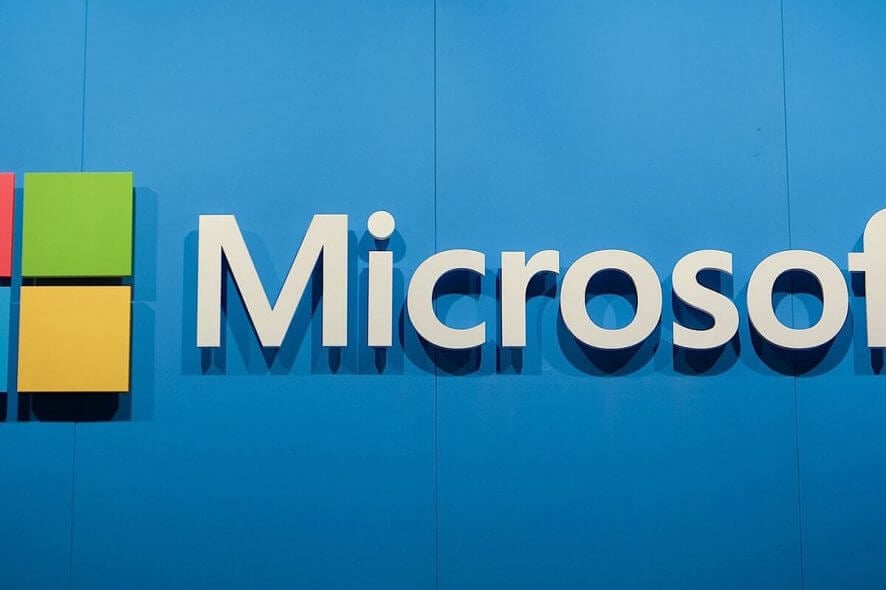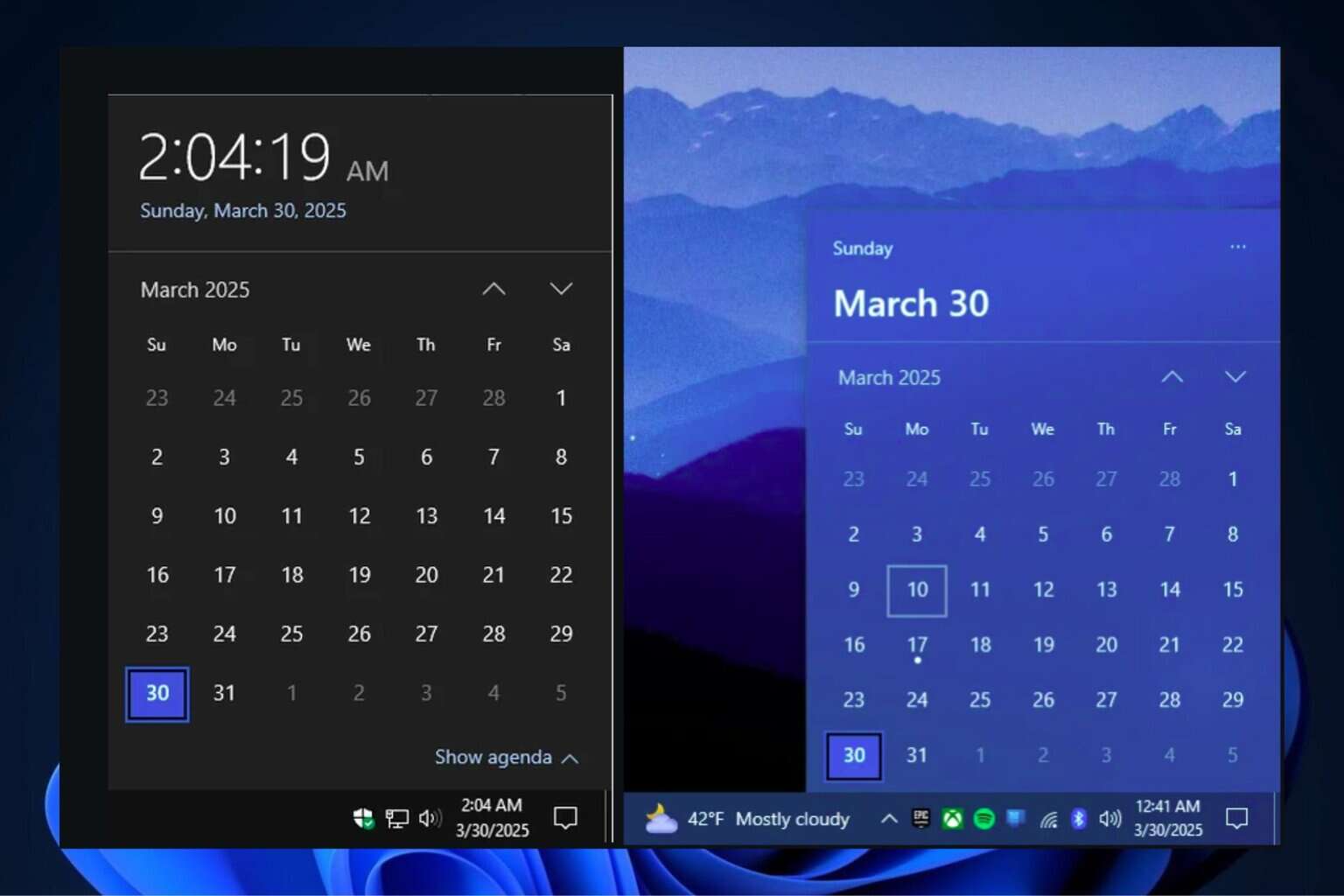How to Go Full Screen on Windows 10
Learn how to use your favorite apps in this mode
3 min. read
Updated on
Read our disclosure page to find out how can you help Windows Report sustain the editorial team. Read more
Key notes
- Running apps and programs in full-screen has many benefits and is preferred by users, especially when it comes to games.
- Some apps on your PC do not run in this mode by default, but you can change this.
- You can toggle full-screen mode in apps a keyboard shortcut or other methods.

Microsoft is changing the way Windows 10 operates with modern apps. These apps are running inside a window on the desktop and they are windowed like traditional applications, by default.
Users of Windows 10 now have the option to toggle fullscreen mode for apps in Windows 10. Apps such as Netflix, Edge, or the Paint 3D feature controls for minimizing, maximizing, and closing the app window.
Games will usually run in fullscreen mode, but there might be some apps that don’t feature such an option.
In the guide below we will show you how to run apps in full screen on Windows 10 using different methods.
How can I make an app full screen on Windows 10?
1. Use a keyboard shortcut
1. Press the Windows key to open the search box. Alternatively, you can press the Start button on your taskbar to open it.
2. Type the name of the app you want to open in full screen.
3. Click on the result to open the app.
4. Press the keys Alt + Enter to toggle full screen on.
5. Now your app should run in full screen on your monitor.
The fastest option available is using a keyboard shortcut to launch most Windows 10 apps in a dedicated full screen mode. This toggles the active Windows 10 app between normal and full screen mode.
The created shortcut can also be used to run games and apps that normally launch in fullscreen mode, in windowed mode.
2. Run the app in maximized mode
You can also configure the app to always open in full-screen mode by tweaking its properties on your desktop. Here is how:
- Create a shortcut for the app on your desktop.
- Right-click on it and select Properties.
- Enter the Shortcut tab.
- Select Run and choose Maximised from the list of available options.
- Click Apply and Ok to save the changes.
3. How to toggle full-screen mode in a browser
- Click to open your desired browser on your PC.
- Open a webpage on your browser. It can be any webpage you want.
- Press the F11 key.
- Now your browser is full screen.
- If you want to toggle the full-screen mode off, simply press F11 again.
3.1 Run Microsoft Edge in full-screen
Microsoft Edge used to not allow its users to toggle full-screen using the keyboard shortcut. However, things changed ever since, and the solution now works properly. This likely happened due to Microsoft Edge moving to the Chromium-based platform.
Another option available is using a shortcut to launch it in a dedicated fullscreen mode: Windows-Shift-Enter. This toggles the active Windows 10 app between normal and fullscreen mode.
Windows 10 Fullscreen shortcut restrictions
- You cannot use Esc if you want to exit the fullscreen mode in a browser and you don’t have any indications displayed on the screen on how to leave it. You can still use the Alt-Tab combination, though.
- When using the shortcut to run Microsoft Edge in fullscreen mode, the address bar, and the tabs are not going to be displayed. If you want to navigate to other tabs, you can use keyboard shortcuts such as Ctrl-Shift-Tab or Ctrl-Tab. You can also use Ctrl-T, in case you want to open a new tab with options for loading a new web address.
- If you middle-click on right-click on certain links, they’ll open in new tabs.
That is it. It is quite simple to toggle fullscreen mode for apps in Windows 10.
Don’t hesitate to write us in the comment section found below if you have any questions.









User forum
0 messages